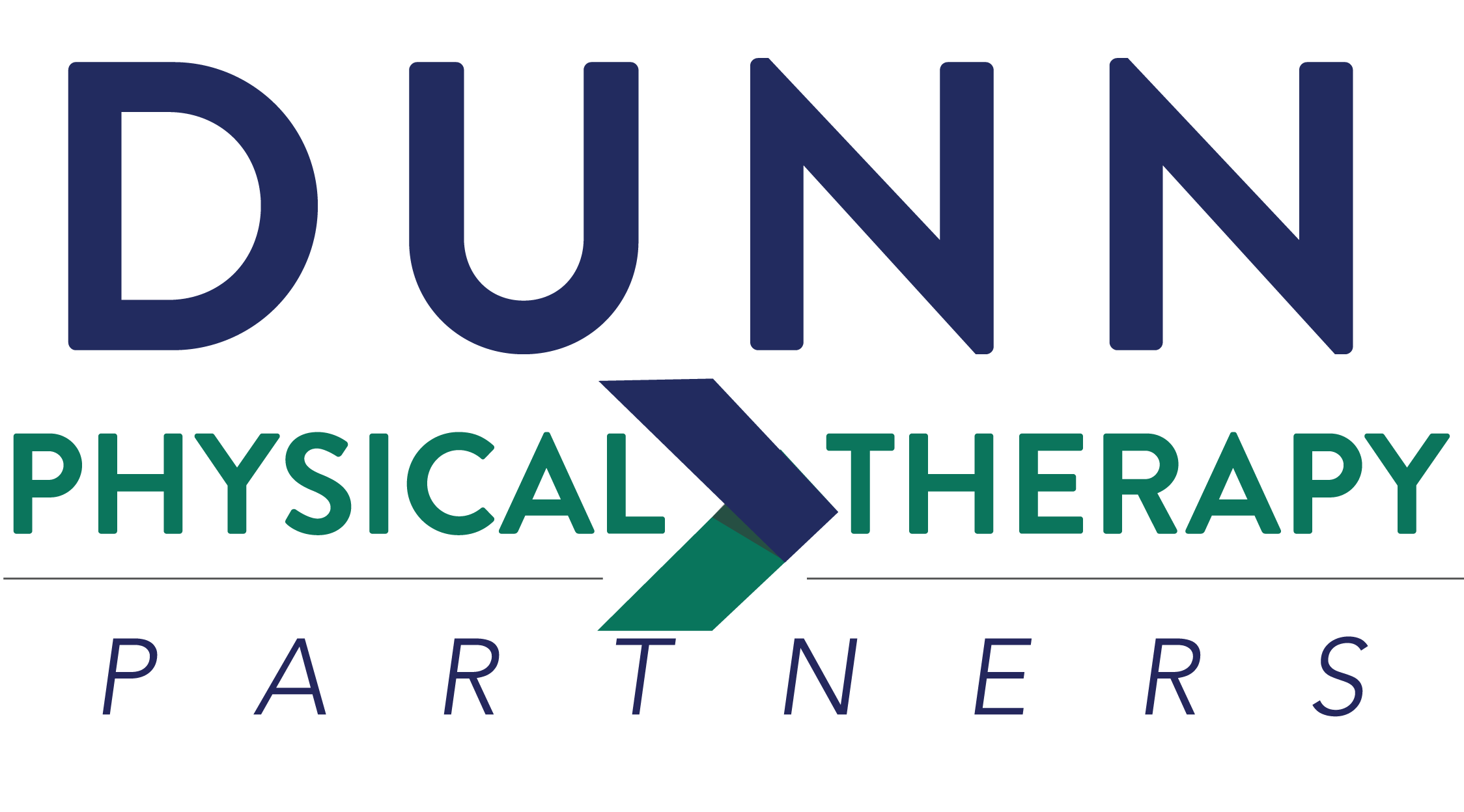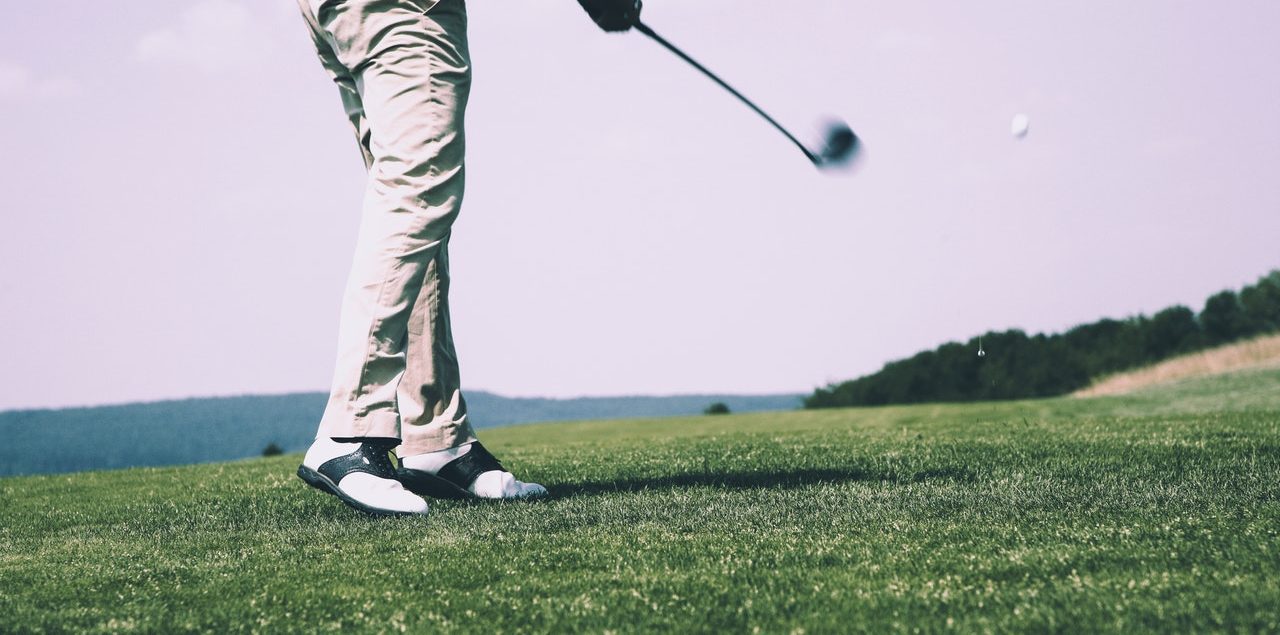Preventing Golf Related Injuries
When you think of sports-related injuries, you think of contact sports. And when you think of contact sports, you definitely don’t think of golf. The image of a well-dressed player on a finely manicured course, sipping Bud Light and enjoying the weather doesn’t exactly scream “danger.”
But as any seasoned player will tell you, golf is a highly technical game that requires a great deal of body control and finesse. That – plus the repetitive movement of swinging – can actually cause issues for frequent players.
Golf injuries are sometimes inevitable, but a few simple steps can help even the odds.
- Use good posture. It’s tempting to hunch over the ball, but that can cause undue strain on your back and shoulders. Most of your movement should come from your hips. Keep your spine straight.
- Warm up properly. Stretching and flexing are always good, but be careful when practicing your swing. Hours of repetitive motion can really do a number on your joints.
- Use proper footwear. Long cleats anchor you into the ground, which causes strain on your knees and waists during hard swings.
- Do basic strength training. Being ultra-buff won’t necessarily make you better at golf, but it will improve your control and allow smooth, powerful swings.
What are Common Golf-Related Injuries?
Even though most of the action in golf involves your upper half, injuries can actually occur anywhere! Common injuries include:
- Elbow tendonitis: maybe the most common golf injury, “golfer’s elbow” is inflammation caused by repetitive swinging.
- Rotator cuff injuries: around the shallow socket where your upper arm and shoulder connect is a group of muscles and tendons called the rotator cuff. If this area tears or splits, you’ll experience significant pain and less control over your swing.
- Wrist pain: often caused by gripping the club too tightly or too loosely, wrist pain impairs your accuracy and may interfere with work and other daily activities.
- Back pain: caused by poor posture, especially when putting or when pivoting your hips for a long drive.
Physical therapy can help significantly with golf-related injuries! Physical Therapy Partners is proud to help golfers across the Triangle get back out on the links. If you think you’ve been injured playing golf, contact us today.

